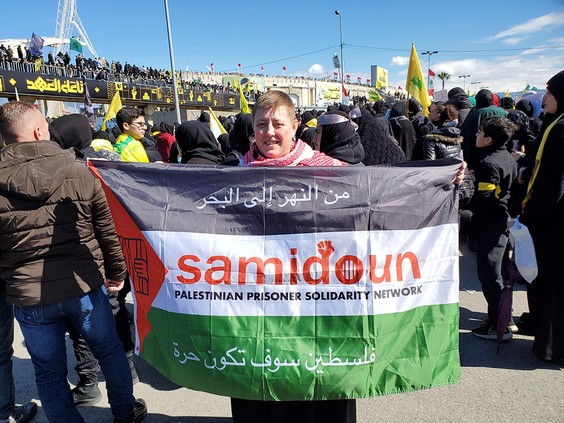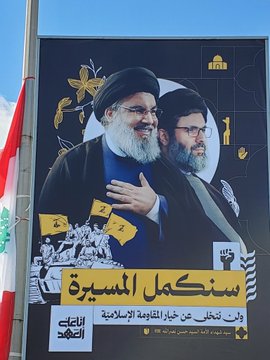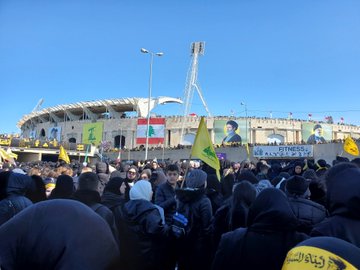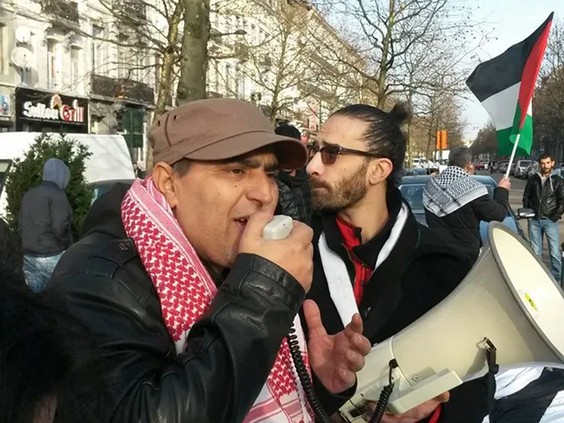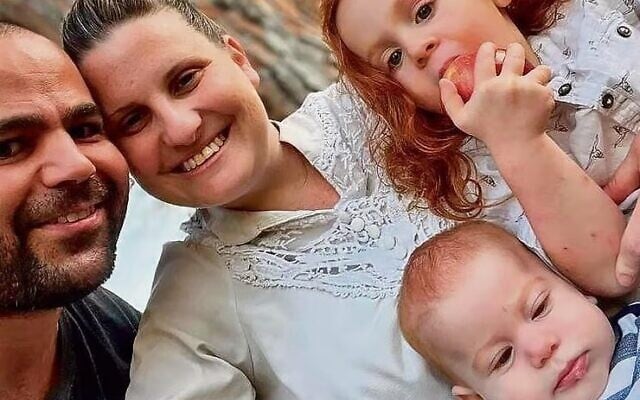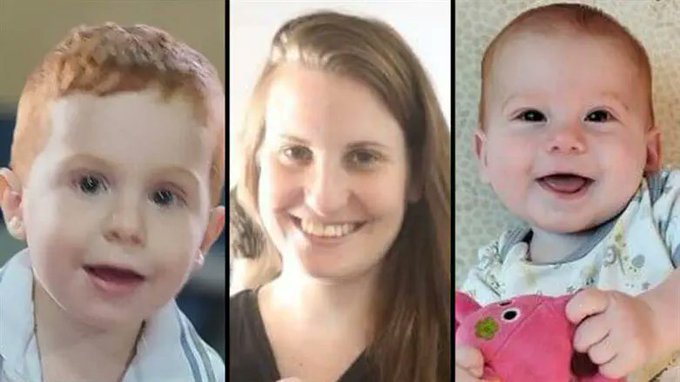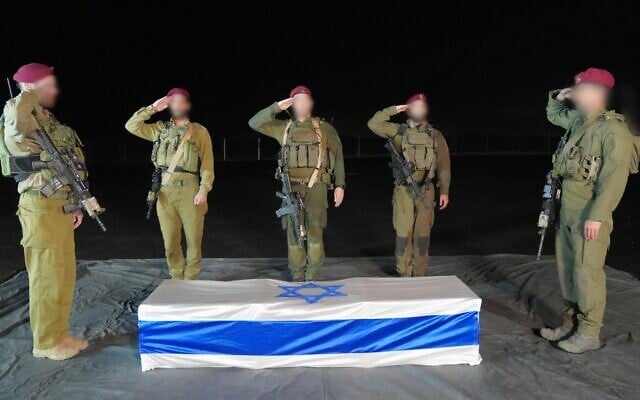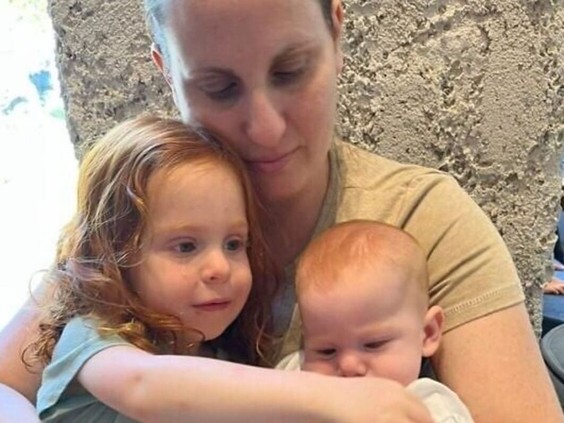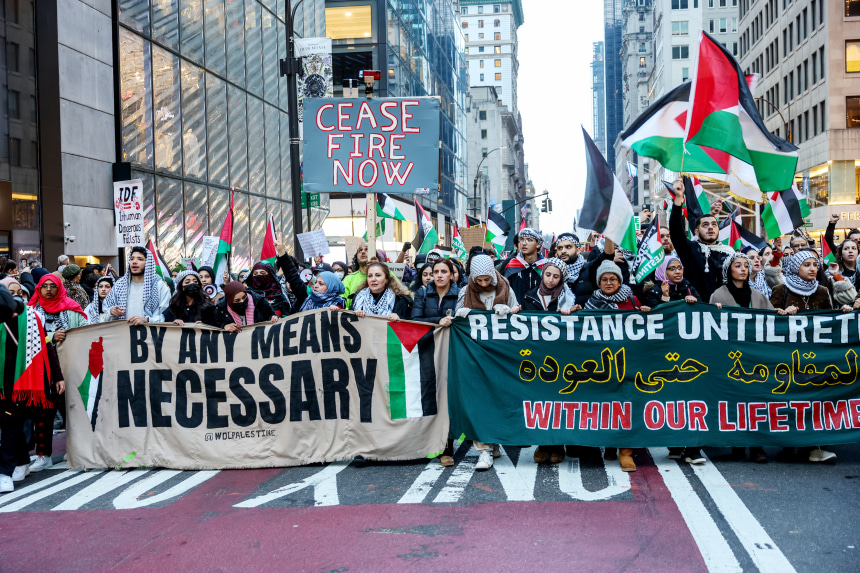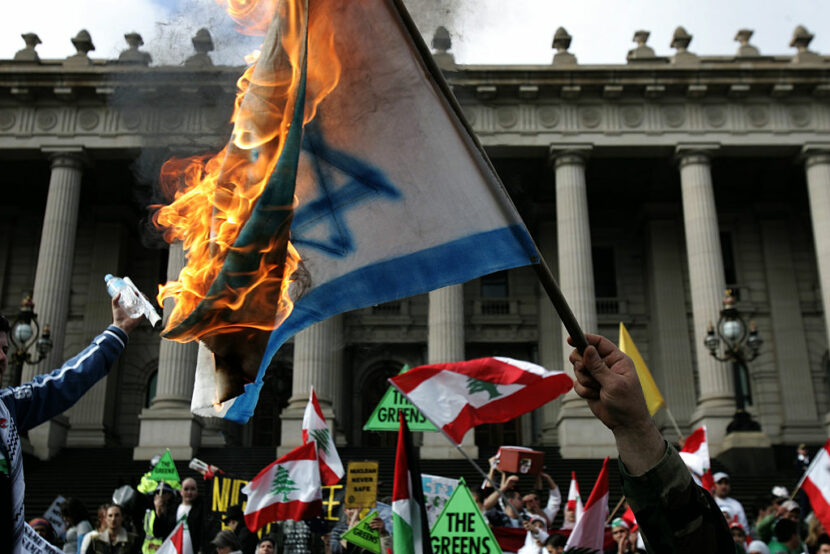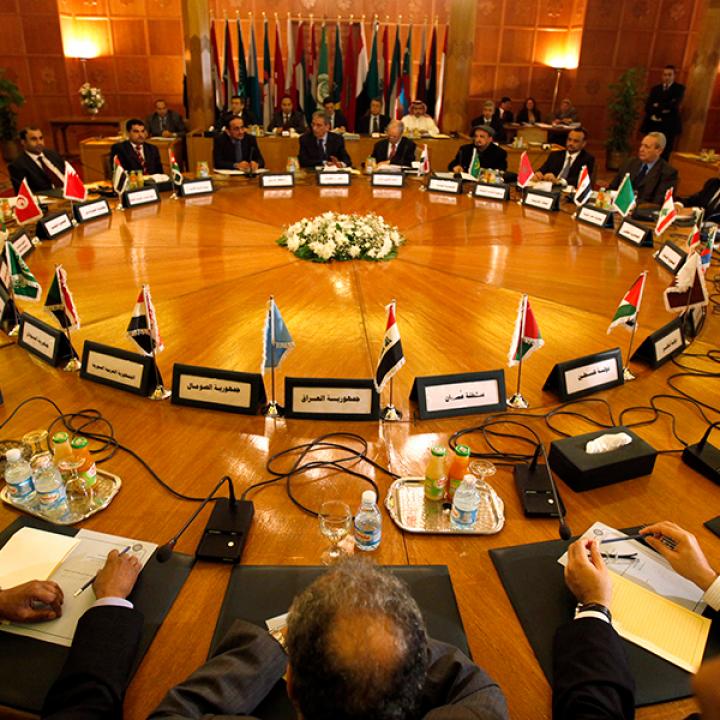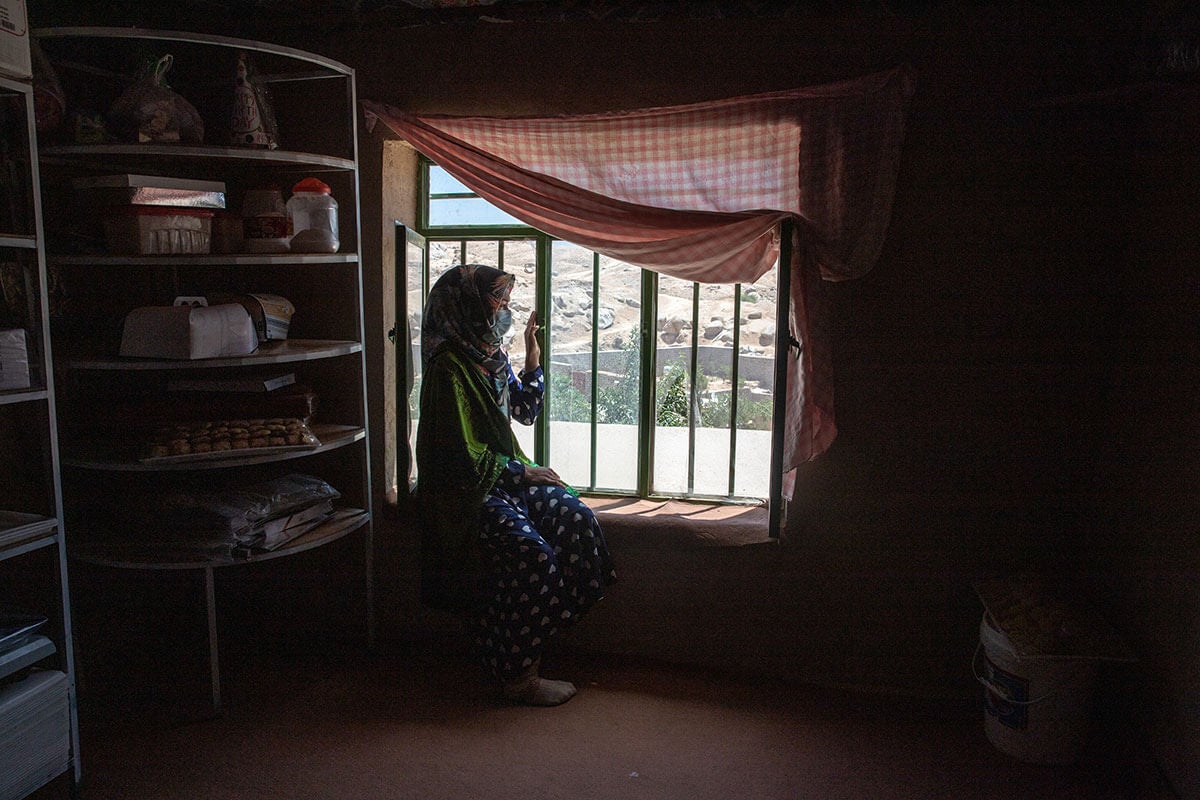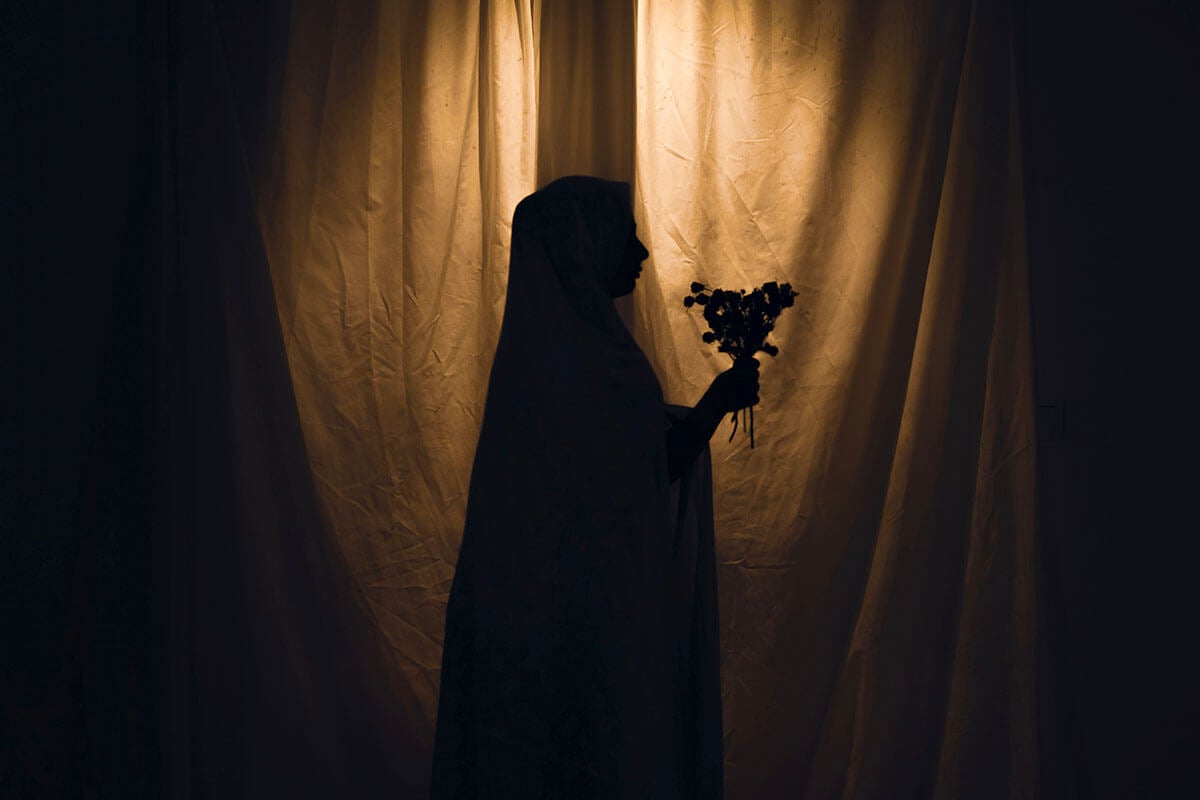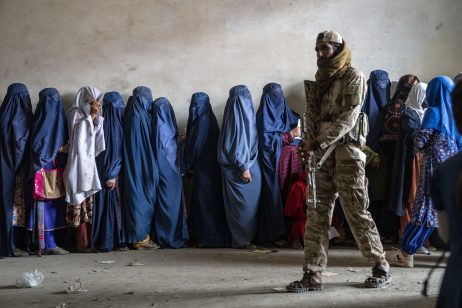Scurrilous Antisemitic Doxxing
"The Canadian Jews on this list are quite possibly the most unflappable members of our Jewish community. I don't think we'll be intimidated by it, if that's the intention. I don't think it's an acceptable thing to happen in Canada.""It's kind of sad that in this day and age, it's such a show of courage to stand up for the Canadian Jewish community. It shouldn't be hard for our leaders in Canada to denounce hatred of Jews.""I'm not going to hide under a rock. It's who I am. I'm proud of my service and there's no way I'll hide it. But to put us out there, it feels like it is a bit targeted. What's the purpose of that?"Rebecca Garner, Canadian citizen"The soldier is most likely to have grown up in a Greater Toronto Area neighbourhood with a larger-than-average proportion of Jewish residents in what they'd describe as a Zionist household.""[On average the type of Canadian who becomes an IDF soldier is] a white Jewish man born and raised in Canada who immigrated to Israel in their late teens with the express purpose of joining its military.""[Readers can send in tips] about other Canadians that have joined the Israeli military [for the ongoing database project].""[This is] an entirely reader-funded publication that puts the working class first.""There is nothing antisemitic about the website as the individuals were included based on their service in the Israeli military, not their religious identity.""We did not take the website down, and are working to restore it. We expect it to be restored soon."Davide Mastracci, author of online list -- Find IDF Soldiers -- published in The Maple
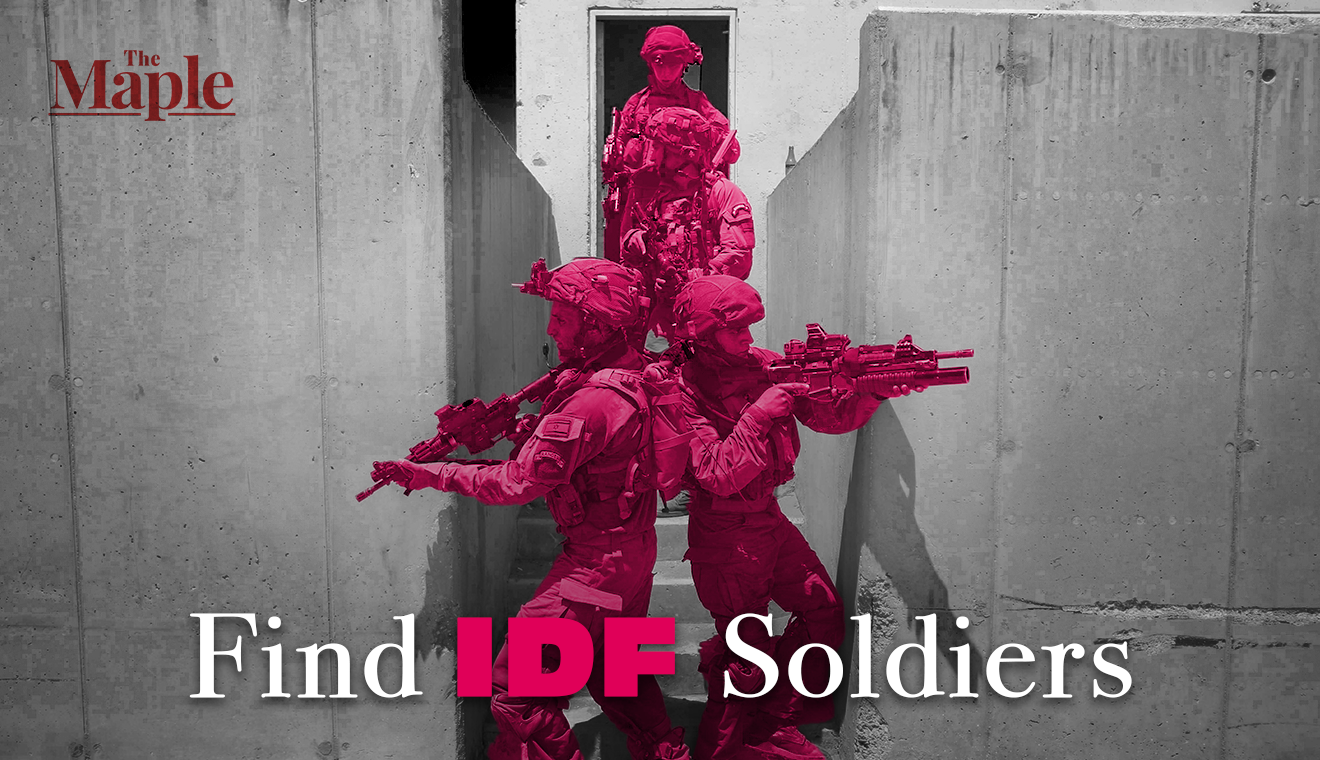
"I stand in solidarity with [Canada's] Jewish community. When they target one of us, they are targeting all of us.""The people being targeted are Canadians. It's a Canadian issue when Canadians are doxxed. Additionally, I know some of the people on the list. I have stood with them in Toronto, and I will continue to stand with them and Canada's Jewish community against this blatant campaign.""I want the community to know that you are not alone and, together, we will fight to restore the city and country that we knew and love."Member of Parliament Kevin Vuong"I am a public figure. Last year, I was disinvited on March 8 [to an International Women's Day event in Ontario] because I served in the IDF [Israel Defense Forces].""I got death threats ... just absolutely ridiculous.""[I am] not at all [intimidated by the list]."Leah Goldstein, public speaker
"Throughout this time, the Israeli military has been credibly accused by and/or before major international bodies of ethnic cleansing, war crimes, apartheid, and now genocide. Israeli soldiers have also provided the physical force necessary to uphold practices the Canadian government has condemned, such as the occupation of the West Bank and the creation of new settlements. Despite this, the Canadian government has shown no interest in making it illegal for its citizens to join the Israeli military, preventing them from doing so or even keeping track of them."Davide Mastracci
"[The publication of this list is a] shameful attempt at intimidation.""There is a long history of Canadians, particularly those with dual citizenship, who have served in the militaries of democratic allies of Canada, whether in countries like Israel, the United States, or the United Kingdom.""In fact, some of the people in this list served as far back at the 1940s. Others on the list have lived in Israel for decades and have written books about their military service."Noah Shack, Interim President, Centre for Israel and Jewish Affairs

Labels: Canadian Antisemitism, Israel Defense Forces, October 7/2023 Hamas Slaughter in Israel
